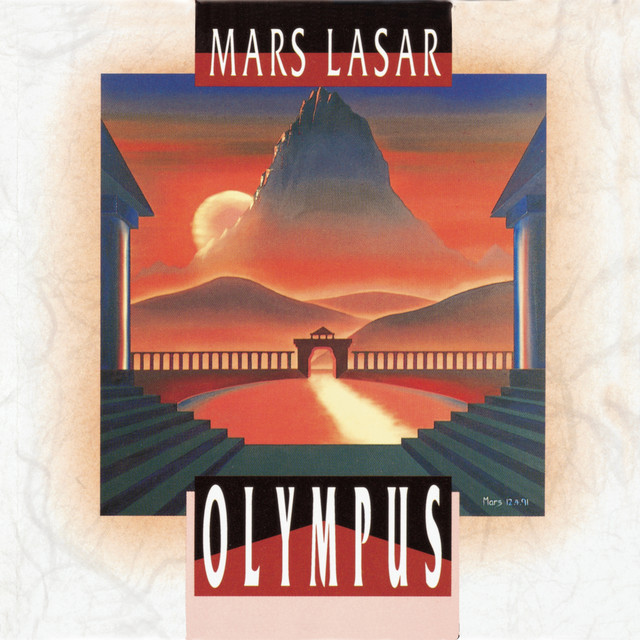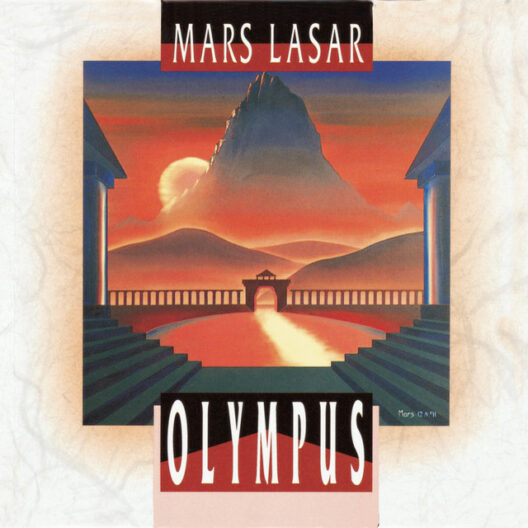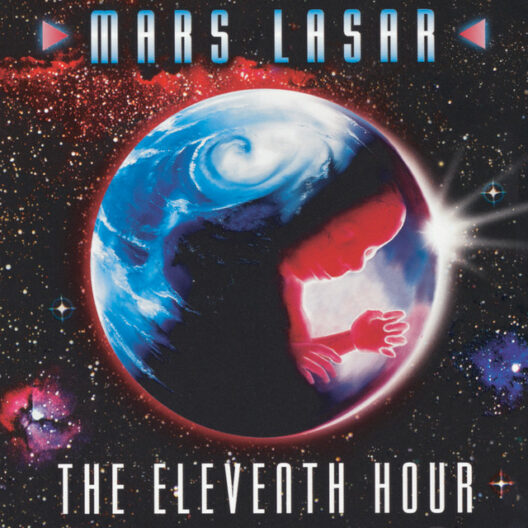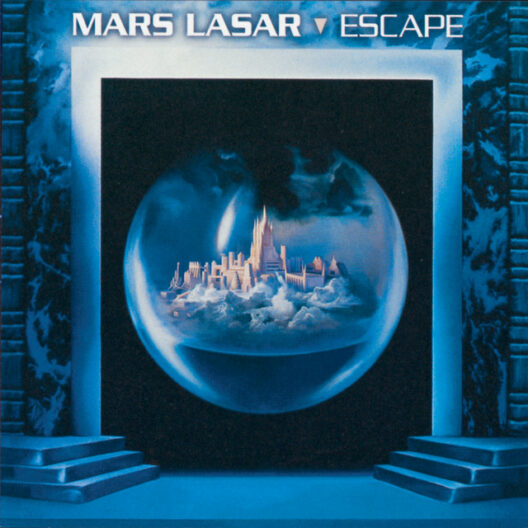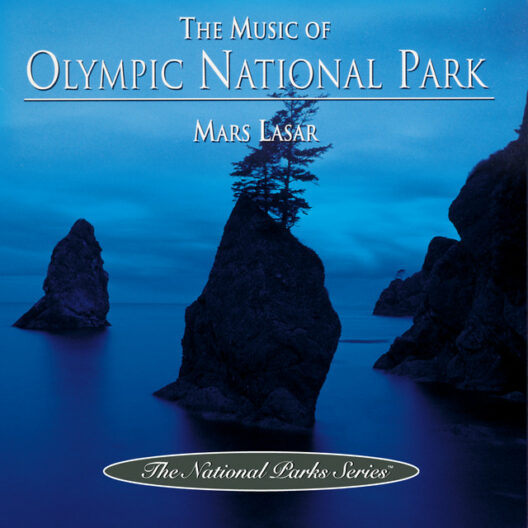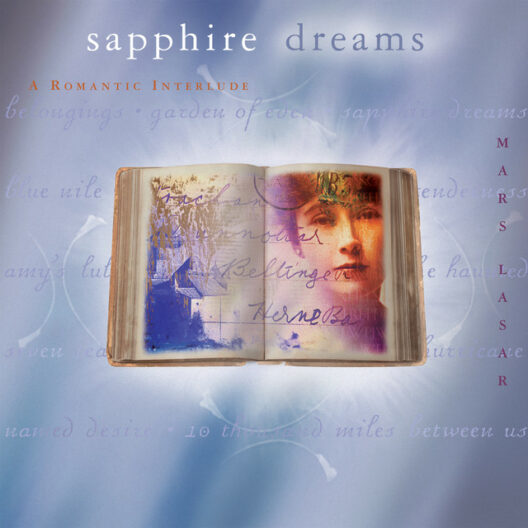This website uses cookies so that we can provide you with the best user experience possible. Cookie information is stored in your browser and performs functions such as recognising you when you return to our website and helping our team to understand which sections of the website you find most interesting and useful.
Mars Lasar
Born in Germany, Mars Lasar (lah-ZAHR) moved to Australia with his parents when he was less than a year old. He started playing the piano at age eleven and received classical, jazz and composition training. At age fifteen, he won the “Young Composers Award” at the Sydney Opera House.
Of his earliest influences Mars admits, tongue-in-cheek, “I have to take my hat off to Beethoven,” but he also cites such disparate performers as Pink Floyd, Black Sabbath, Deep Purple, early Van Halen, Alan Parsons, Kraftwerk, Tangerine Dream and Jean-Michel Jarre as sparking his musical interest.
In high school he began dabbling in abstract concrete music with a friend who taped frequencies off the short wave radio and incorporated them into musical pieces, an early form of sampling. Later, Mars joined the Australian band IQ where he was discovered by the President of Fairlight Computers who hired him as the company’s in-house composer. The exposure led to a series of freelance commercial and soundtrack work for the likes of Chrysler-Plymouth, Duracell and Kleenex and such television shows as Baywatch, Equal Justice and This is the NFL.
In 1987, Mars created the score for Sounds Like Australia, a wildlife film that employed the Fairlight in taking the sounds of nature and shaping and reworking them into music. In 1990, noted producers Hans Zimmer and Trevor Horn brought Mars to America to work on the soundtrack for the Tom Cruise film Days of Thunder. Horn then brought him in to help with an album by then emerging artist Seal, who ended up earning a Grammy nomination for the album.
Mars’ album Olympus was used by CBS during their broadcast of the 1992 Winter Olympics from Albertville, France. The record was a Top Ten on Billboard’s New Age Chart in the same year. On the follow-up album, titled The Eleventh Hour, he created an evocative, eclectic work that spills over into varied musical genres as it tells its epic tale of a world that can be saved through human interaction and communication. On his third solo album Escape, he offers a fantasia of “visual” music.
Mars also released The Music of Olympic National Park, which has been a best seller across the country, among many of his other albums.

